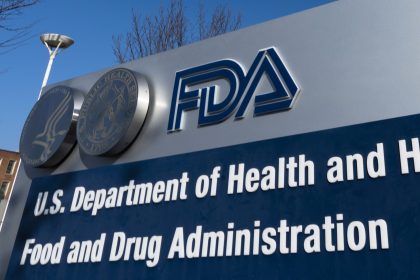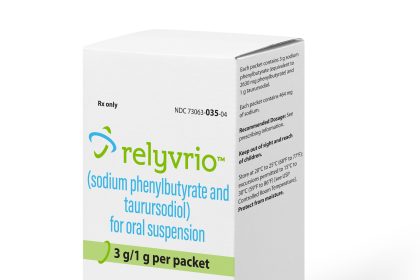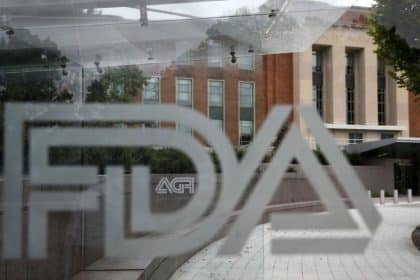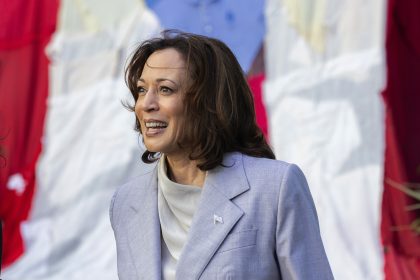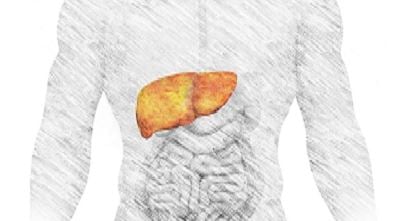House Oversight Committee Releases Drug Pricing Report
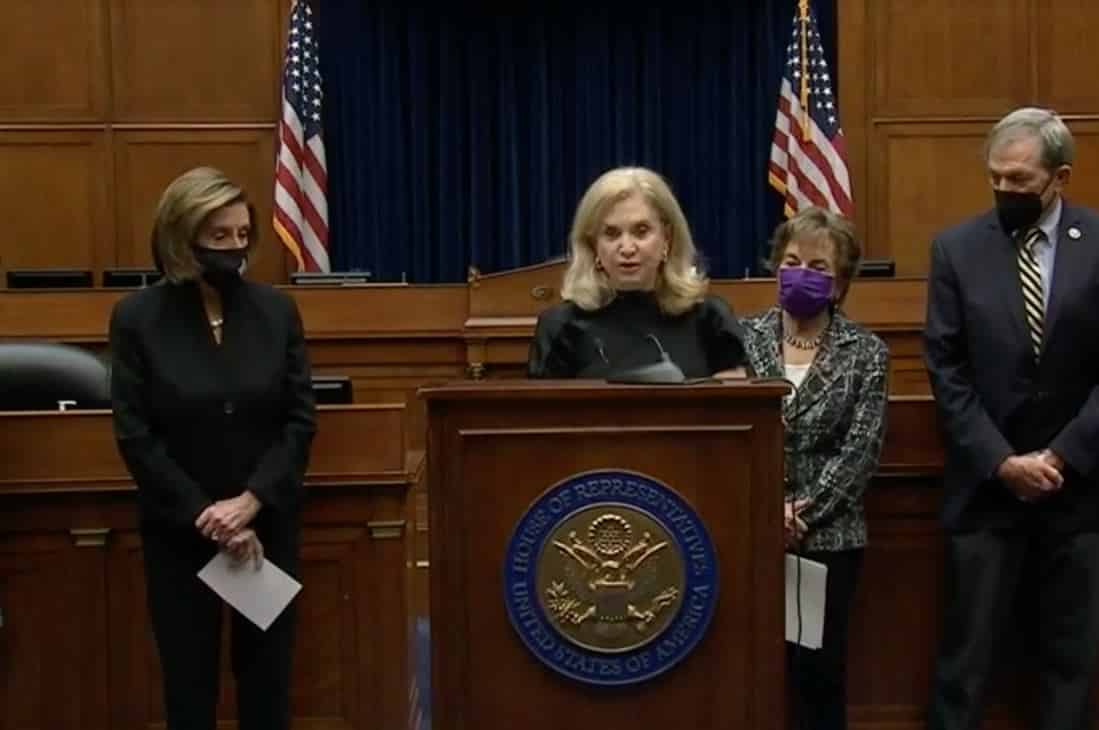
The House Oversight Committee recently released a drug pricing investigation report on the need for structural reforms.
“We will continue our investigation on drugs, the cost of drugs and ways to make [them] more affordable for people. Right now, all of our energy needs to go 100% on passing the Build Back Better [Act],” said Rep. Carolyn Maloney, D-N.Y., chair of the Oversight and Reform Committee, during a press conference on Friday.
Maloney said she hopes Senate Majority Leader Chuck Schumer will get the Build Back Better legislation passed before Christmas, noting that the price of insulin has risen to nearly $1,200 a month for patients with diabetes.
According to Maloney, the Build Back Better Act would cap those costs at $35 a month and allow Medicare to negotiate prices directly with drug companies.
“For the first time, the Build Back Better legislation would allow Medicare to negotiate over a subset of drugs, and that will include insulin. This is a huge breakthrough,” said David Mitchell, president and founder of Patients for Affordable Drugs, in a phone call with The Well News.
“By the end of this decade, we would be negotiating about 100 or so of the most expensive drugs,” continued Mitchell.
Mitchell also said the Build Back Better legislation would limit price increases to the rate of inflation and cap out-of-pocket costs for Medicare beneficiaries at $2,000 a year.
“I think the report adds momentum for the enactment of [the] Build Back Better [Act]. It’s difficult for me to predict whether there is time for the Senate to do the work before Christmas,” said Mitchell.
The three-year investigation by the committee found that drug companies target American patients for price increases, but at the same time drug companies maintained or cut prices for the rest of the world. Maloney believes this is because Medicare is prohibited from negotiating lower prices.
“The report correctly identifies that we, Americans, are targets of [an industry that charges] us up to four times more than what other wealthy nations are paying for the same name-brand drugs, and the report details all the ways [this industry] does that,” said Mitchell.
The report examines whether lowering drug prices would harm innovation to three companies — Eli Lilly, Novo Nordisk and Sanofi — that control 90% of the global insulin market.
The committee found these three companies repeatedly raised prices on products and used strategies to maintain monopoly pricing and delay competition that would have lowered prices. The report highlights methods like applying for dozens of additional patents, product hopping and shadow pricing.
“Insulin for people with type 1 diabetes is like water — they must have it to live. We have a situation where these companies maintain control of this vital substance for people all over the globe,” said Mitchell.
Representatives from the Pharmaceutical Research and Manufacturers of America, a trade group representing the pharmaceutical industry, provided The Well News with a report they recently commissioned to be completed by a management company called Milliman.
The report finds the average net cost of commonly used insulins is 20% lower today than in 2007, and that rebates, discounts and other payments by drug manufacturers lowered the average cost of insulin by 84% in 2021.
Debra DeShong, executive vice president for public affairs at PhRMA, released a statement following the publication of the drug pricing report claiming it is misleading and does not address the abusive practices of insurance companies and middlemen who profit from a broken system.
“This so-called investigation has ignored the real affordability problems people face, like rising deductibles and other out-of-pocket costs. This is nothing more than a partisan exercise to justify an extreme proposal that will restrict patient access to lifesaving cures and treatments,” said DeShong in the statement.
Alexa can be reached at [email protected]



















